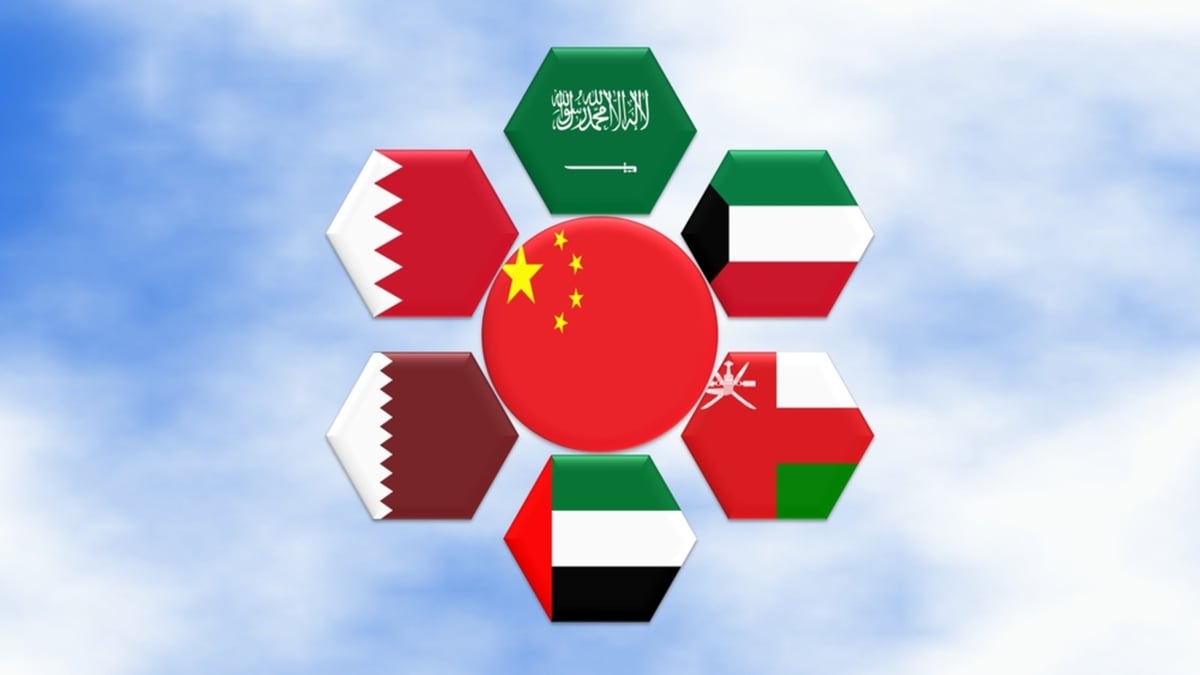In the wake of the Arab-Chinese Business Conference, hosted in the Kingdom of Saudi Arabia, the People’s Republic of China and the Gulf Cooperation Council (GCC) are looking at around two dozen business agreements worth up to $10 billion. The Arab-Chinese Business Conference follows the first-ever China-Arab States Summit which was held at the end of last year in Riyadh.
During the conference, up to 30 investment deals were finalized and agreed upon. Of the deals made, the largest was between the Saudi Ministry of Investment and the Chinese electric vehicle company Human Horizons. It is estimated at $5.6 billion. Other business deals include a $533 million investment in an iron factory by the Saudi AMR ALuwlaa Company and Zhonghuan International Group.
Read more: A new modernized Silk Road between Saudi and China
In just the past few years, the UAE has witnessed the establishment of over 6,000 Chinese companies, as reported by Intertrust Group. Remarkably, in the last year alone, the number of Chinese companies choosing to set up in Dubai’s free zone has experienced a notable growth of 24 percent. As China invests in the Middle East, many GCC states are increasingly looking at opportunities in Asian markets. Ultimately, this promotes cross-border payments and an increase in the use of the yuan among Middle Eastern companies in Asia.
Along with many lucrative deals, the Riyadh Declaration was signed. The agreement discusses the future of the collaborations between the GCC and China. The Declaration looks at strengthening trade, investment, and enhanced collaboration. Fields like renewable energy, AI, cybersecurity, technology, tourism, education, healthcare, and reducing carbon emissions were all points that were brought to the table.
The oil-rich Gulf Cooperation Council is a conglomerate of some of the fastest-growing nations in the Middle East, consisting of the United Arab Emirates, Bahrain, Saudi Arabia, Oman, Qatar, and Kuwait. The Gulf states have been diversifying away from oil in the recent past, and the inclusion of China in this endeavor will facilitate growth in many of the Gulf’s other industries and focuses.
China has played an important role in the region for quite some time, and Sino-Arab relations will only strengthen with time. During March of this year, Fahd Hamidaddin, the CEO of the Saudi Tourism Authority, engaged in a meeting with Rao Quan, China’s Vice Minister of Culture and Tourism, intending to explore collaborative tourism projects. The main goal of these initiatives is to assist Saudi Arabia in attracting approximately four million Chinese tourists annually by 2030.
If the GCC is able to successfully diversify away from oil and gas, China’s investments in the region and their hopeful Belt and Road Initiative will see great returns. The recent Arab-Chinese Business Conference is paving the way for a prosperous future between the two regions.
For more on the economy, click here.








